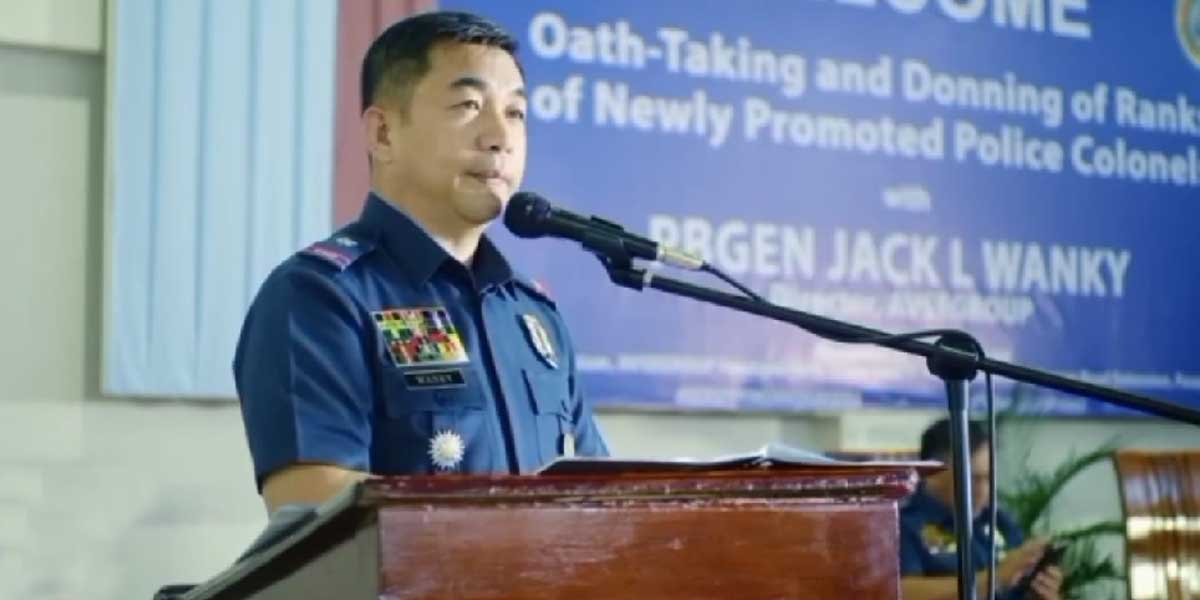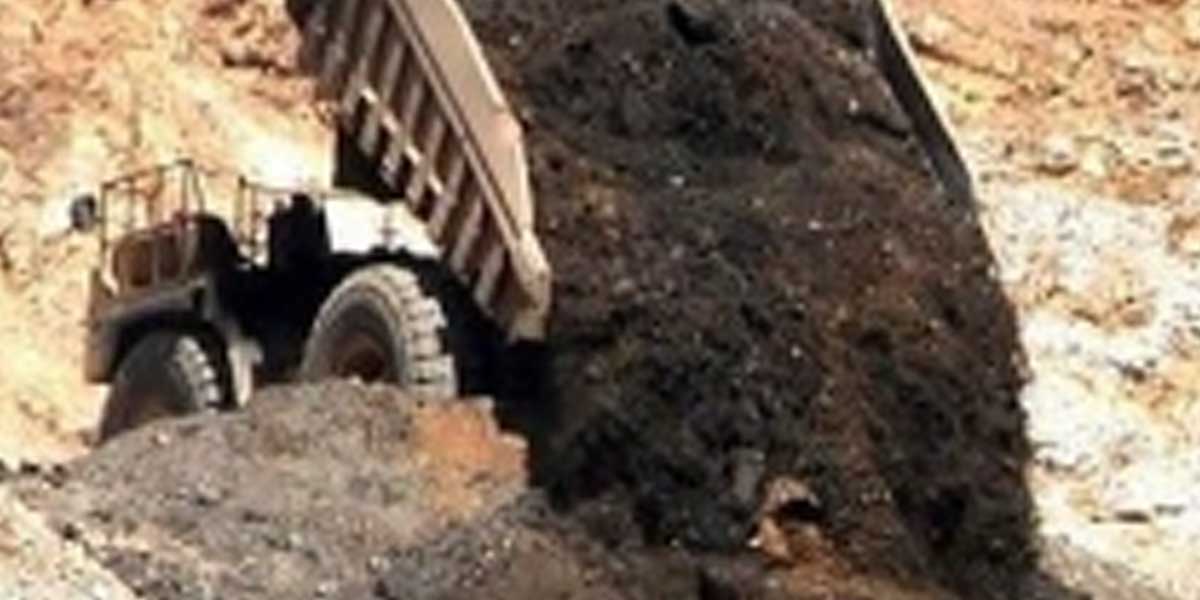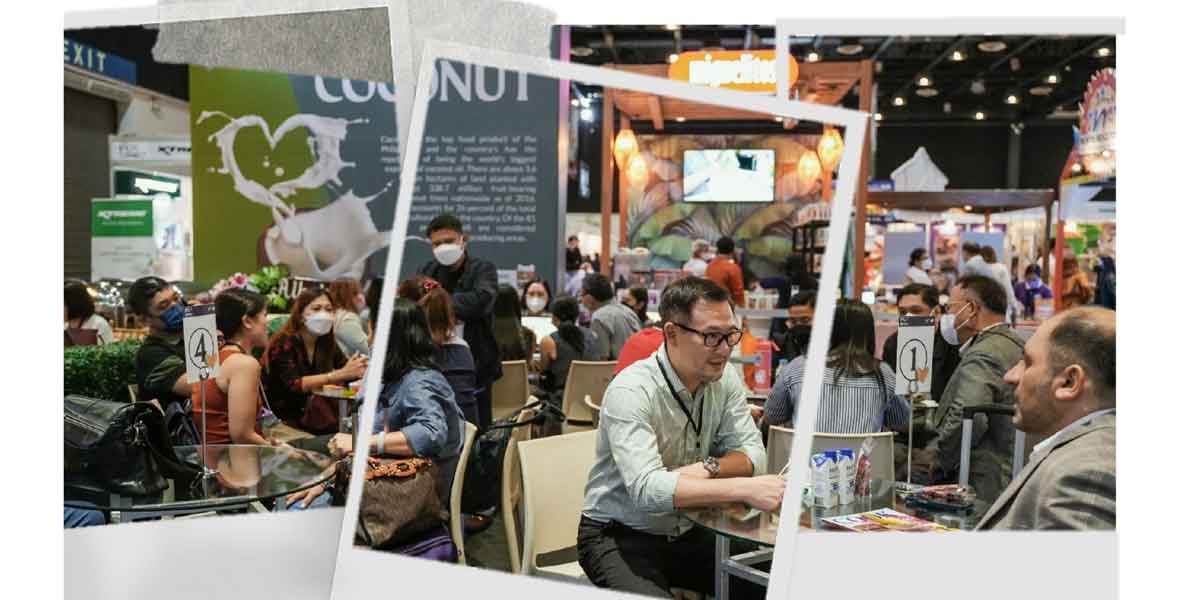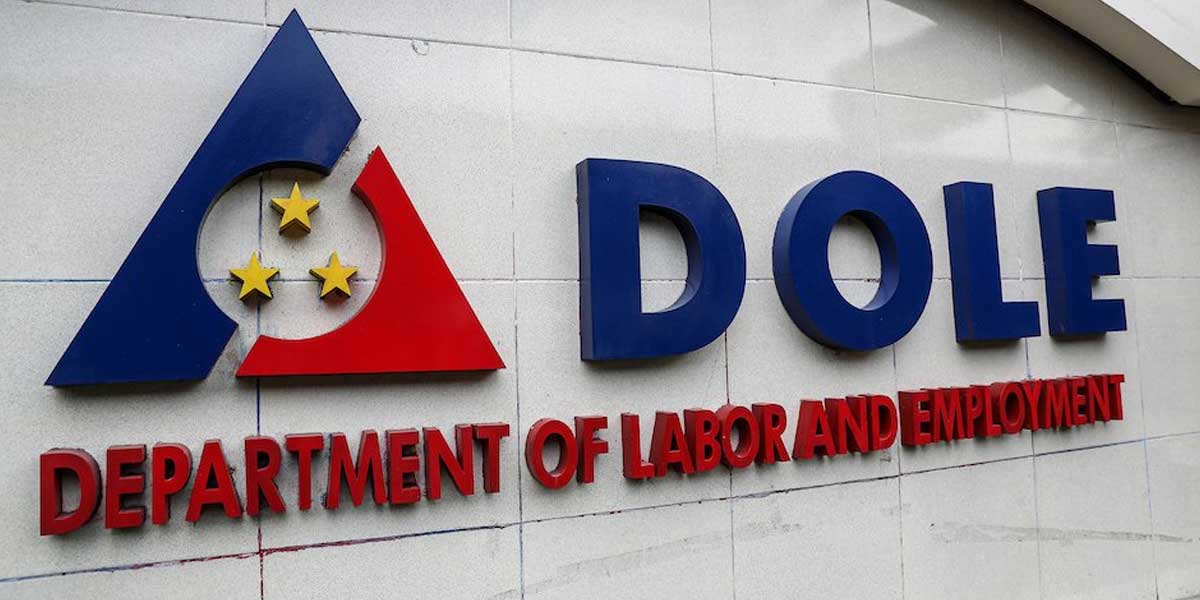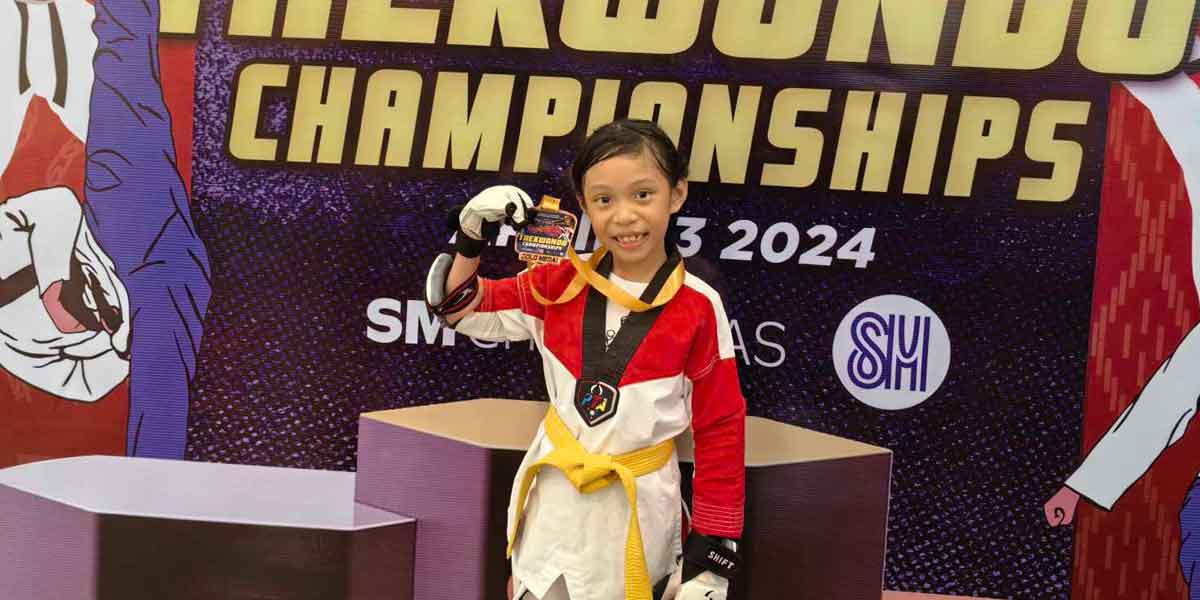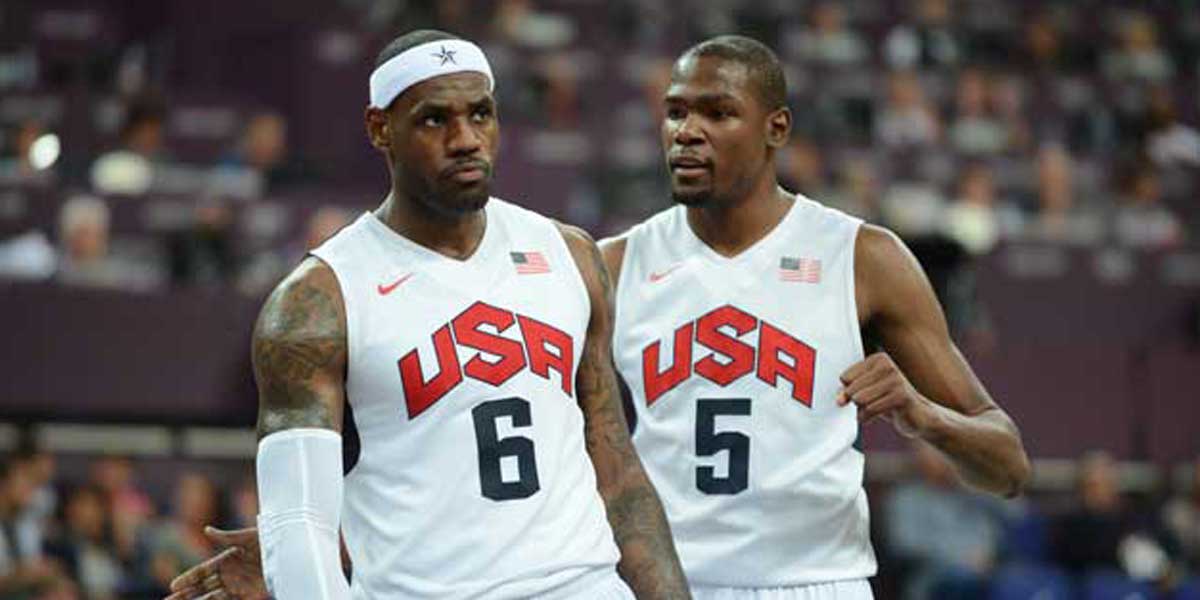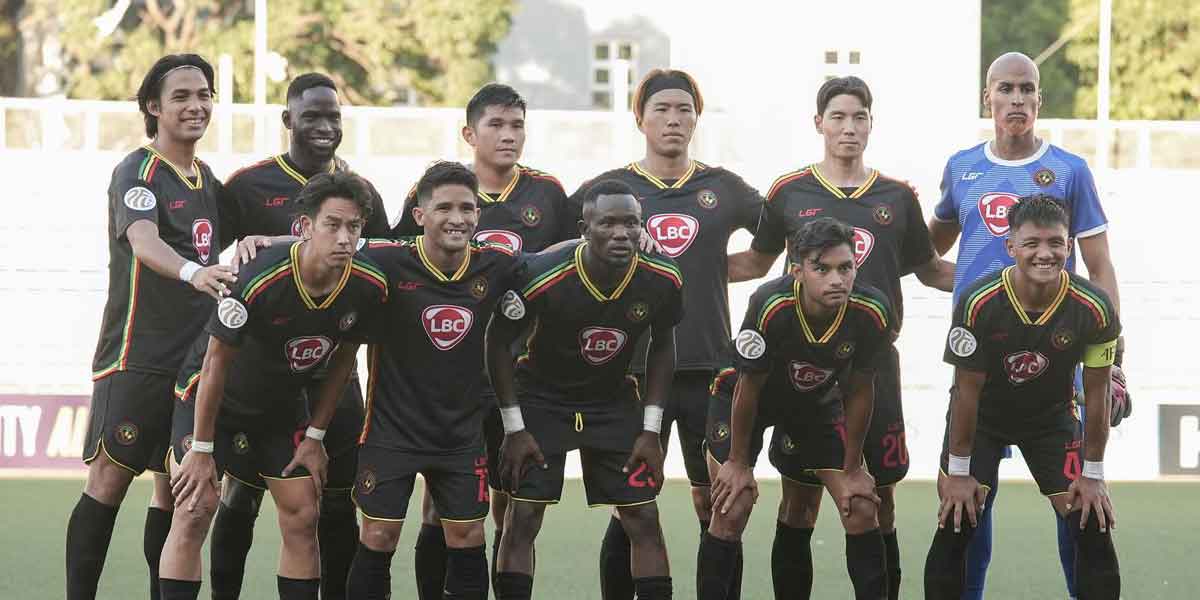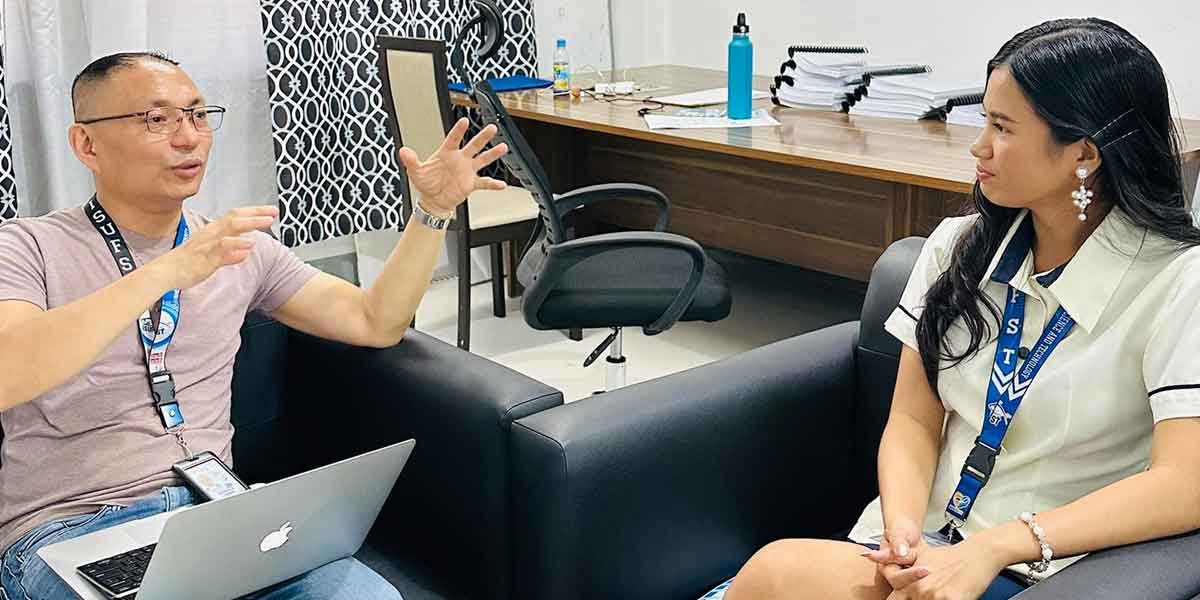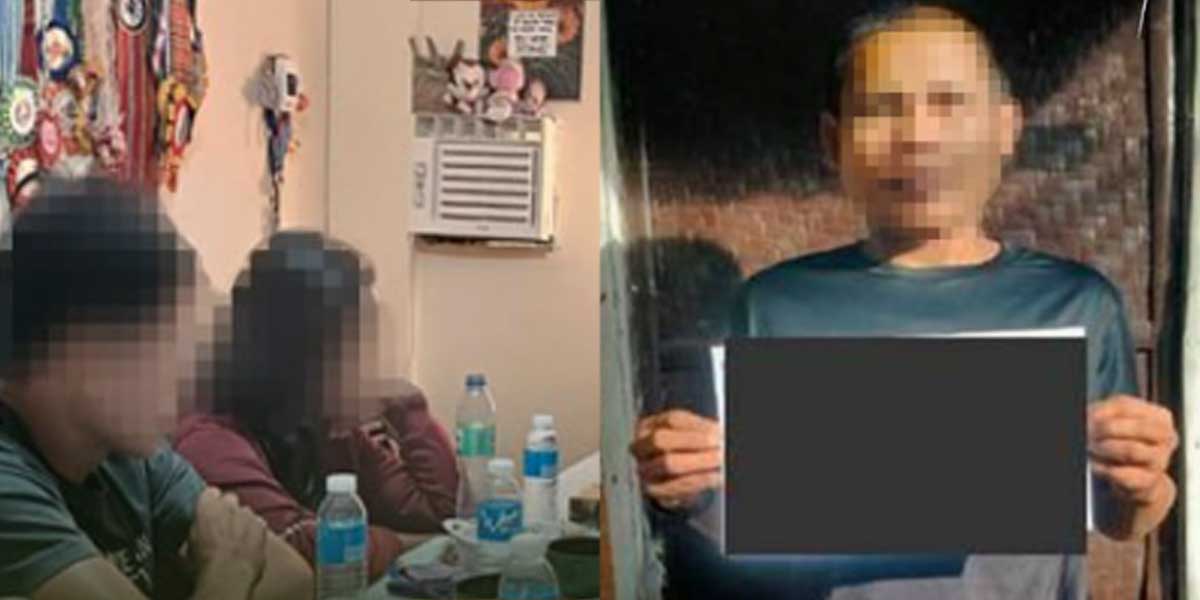By Alex P. Vidal
“Thank God men cannot fly, and lay waste the sky as well as the earth.” —Henry David Thoreau
THE wave of scandals and man-made catastrophes we face everyday is too much for the human mind and heart to bear, thus we are “wounded.”
Shocking corruption stories involving high government officials, family tragedies, vendetta, wanton destruction of environment, heat wave, abject poverty, One-China policy tumult, domestic and international terrorism, gas prices hike, Monkeypox, an accidental senator who thinks the senate is an elementary school, broaddaylight sexual assaults and armed robberies, emotional blackmail, cybersex prostitution involving minors with some parents acting as pimps, slavery, bigotry and religious persecution, character assassination, grisly murders, illegal drug trafficking, to name only a few.
We regularly read stories about large scale plunder and abuse of power, police brutality, heinous crimes and the rapid decline of our ecology due to human race’s irresponsible, immoral and illegal habits; yet, nobody gets prosecuted.
No criminal and corrupt official has rotted in jail since democracy was restored in 1986 until the most recent Duterte administration.
Rogue elements and rapacious leaders continue to commit pillage at an alarming scale.
We continue to suffer. We continue to lick our wounds.
Wound healing or Woundology has been recommended for us by prominent social scientists, psychologists and even pranic healers.
-o0o-
I first heard the word Woundology from Dr. Josef De Ubaldo, who defined it as the “healing of wounds inhabiting a particular area in the human body.”
It is as old as history premised on the Genesis of the first man and woman during their Fall that started the Woundology of homo sapiens on this planet, according to Ubaldo.
“Because of this inevitable woundedness, comes a wounded fetus, wounded child, the wounded family, wounded race as in the case of the Blacks (now people of colors), wounded nations as in the case of war-ravaged countries without identity like the Philippines and to a larger extent the destruction of Planet Earth,” Ubaldo explains.
It was actually author Caroline Myss who coined the term “woundology” to describe how some people define themselves by their physical, emotional, or social wounds.
In her book, Why People Don’t Heal and How They Can, Myss writes that many people hoping to heal “are striving to confront their wounds, valiantly working to bring meaning to terrible past experiences and traumas, and exercising compassionate understanding of others who share their wounds.”
“But they are not healing,” she asserts. “They have redefined their lives around their wounds and the process of accepting them. They are not working to get beyond their wounds. In fact, they are stuck in their wounds.”
-o0o-
The Planet Earth, according to Ubaldo, is wounded by its wounded inhabitants which is being exemplified in forest destruction, oil spills on the ocean, and use of chemicals, air pollution, iatrogenic diseases, genetically engineered foods all wrought havoc to the lives of many people and to the natural habitat.
“If we seriously attempt to account for the total inhabitants of this planet which runs to seven billion, imagine the magnitude, depth, breadth and ubiquitousness of wounding,” says Ubaldo. “It chooses not to respect anyone, it maybe a king, national leaders down to the common ‘tao’. We shall continue to be wounded until we desire to get healed.”
He warned that Woundology does not remain static. “Its dynamism sometimes precludes our ability or desire to get healed. It is dynamic for it ends up in a definite healing process through one’s quest and search for solutions that transcend beyond the physical plane in order to restore one’s joy, pride and equilibrium-mental, physical, emotional and spiritual. The holistic guide to healing plays significantly for the individual’s corporeal mind, emotion, body, and spirit. Symptomatic cures such as synthetic medicines do not last long for they served only as palliatives.”
Ubaldo added: “Being wounded presupposes pain, of ego-destruction to the point of losing one’s self-esteem. Self-esteem is the most valued part of one’s life and more often than not, it is greatly smashed by unsavory events he identified as verbal abuses in childhood and adolescence, physical infliction of pain (wounding) coupled by emotional wrath, emotional blackmails, undiscovered truths and realities sowed by others to perpetuate pain, history of colonization, clouding of minds and other forms of shackling one’s personality to hinder growth, are just some of the more popular examples of woundedness.”
Myss, meanwhile, suggests that it takes courage to explore our suffering, to peel away layer after layer of beliefs, behaviors, and assumptions and rigorously hold ourselves accountable to life.
(The author, who is now based in New York City, used to be the editor of two local dailies in Iloilo.—Ed)



